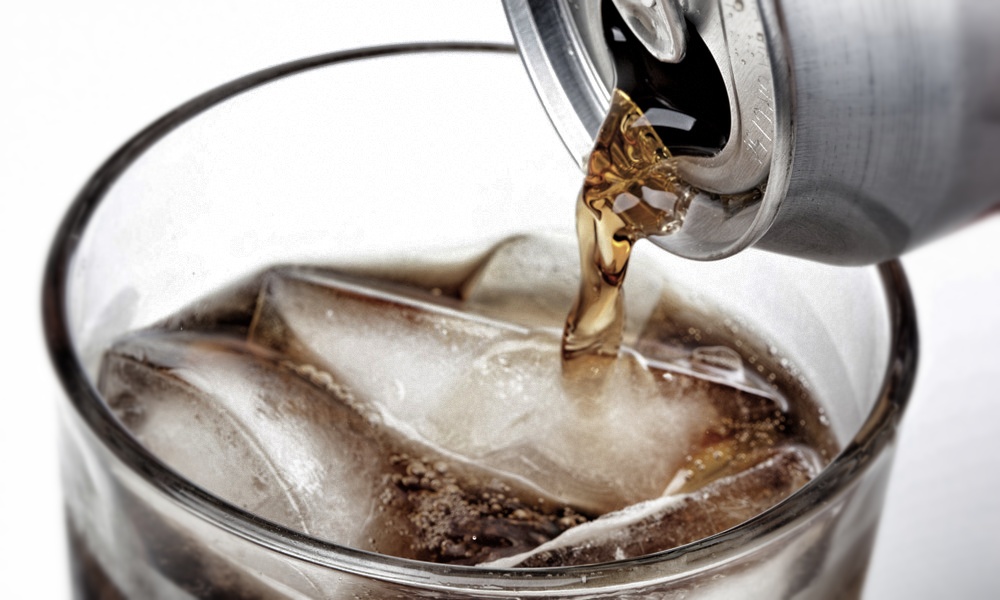
Beverage Group Questions Study Linking Diet Soda and Depression
The American Beverage Association was quick to counter a study that looked at a potential health risk of a popular American beverage.
A new study supported by the National Institutes of Health that links diet soda consumption with depression has critics—the American Beverage Association and others—questioning the validity of its findings .
This research is nothing more than an abstract—it has not been peer-reviewed, published, or even, at the very least, presented at a scientific meeting.
According to the research, which will be presented in March at the American Academy of Nuerology’s annual meeting, drinking several diet drinks a day may lead to an increased risk of depression in older adults.
The ABA was quick to respond to any diet beverage denigration.
“This research is nothing more than an abstract—it has not been peer-reviewed, published, or even, at the very least, presented at a scientific meeting,” ABA said in a statement. “Furthermore, neither this abstract nor the body of scientific evidence supports that drinking soda or other sweetened beverages causes depression. Thus, promoting any alleged findings without supporting evidence is not only premature, but irresponsible.”
Media reports are also questioning the study. Joseph Stromberg at Smithsonian’s Surprising Science blog points out that there is a difference between correlation and causation.
“We don’t know if the study’s authors controlled for all relevant factors, making sure to compare study participants who were alike in all ways except for their beverage consumption,” he wrote. “As a result, a third, unrelated factor may cause people to both drink more soda and become depressed more frequently.”
The study asked more than 260,000 U.S. adults between the ages of 50 and 71 to report their beverage habits between 1995 and 1996, and roughly 10 years later asked those same individuals if they had been diagnosed with depression since 2000.
Those who drank at least four cups or cans of diet soda a day were 31 percent more likely to report depression as opposed to nondrinkers. High consumption of artificially sweetened fruit punch and iced tea had similar risks, while regular soda drinkers were 22 percent more likely to report depression.
The ABA noted the fact that, taken as a whole, the number of self-reported cases of depression among study participants was roughly 4 percent.
“Even if the methodology is without flaws, this percentage is well within—and actually below—the 6.7 percent noted by the National Institute of Mental Health at NIH as the national average for the U.S. population aged 18 and older in a given year,” the association said.
The study’s leader, Dr. Honglei Chen, said in a statement that more investigation is needed to confirm the findings.
(iStockPhoto/Thinkstock)






Comments